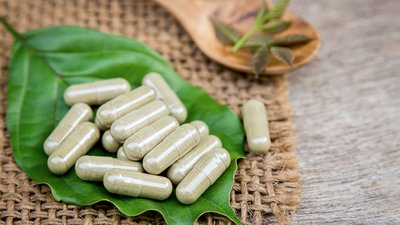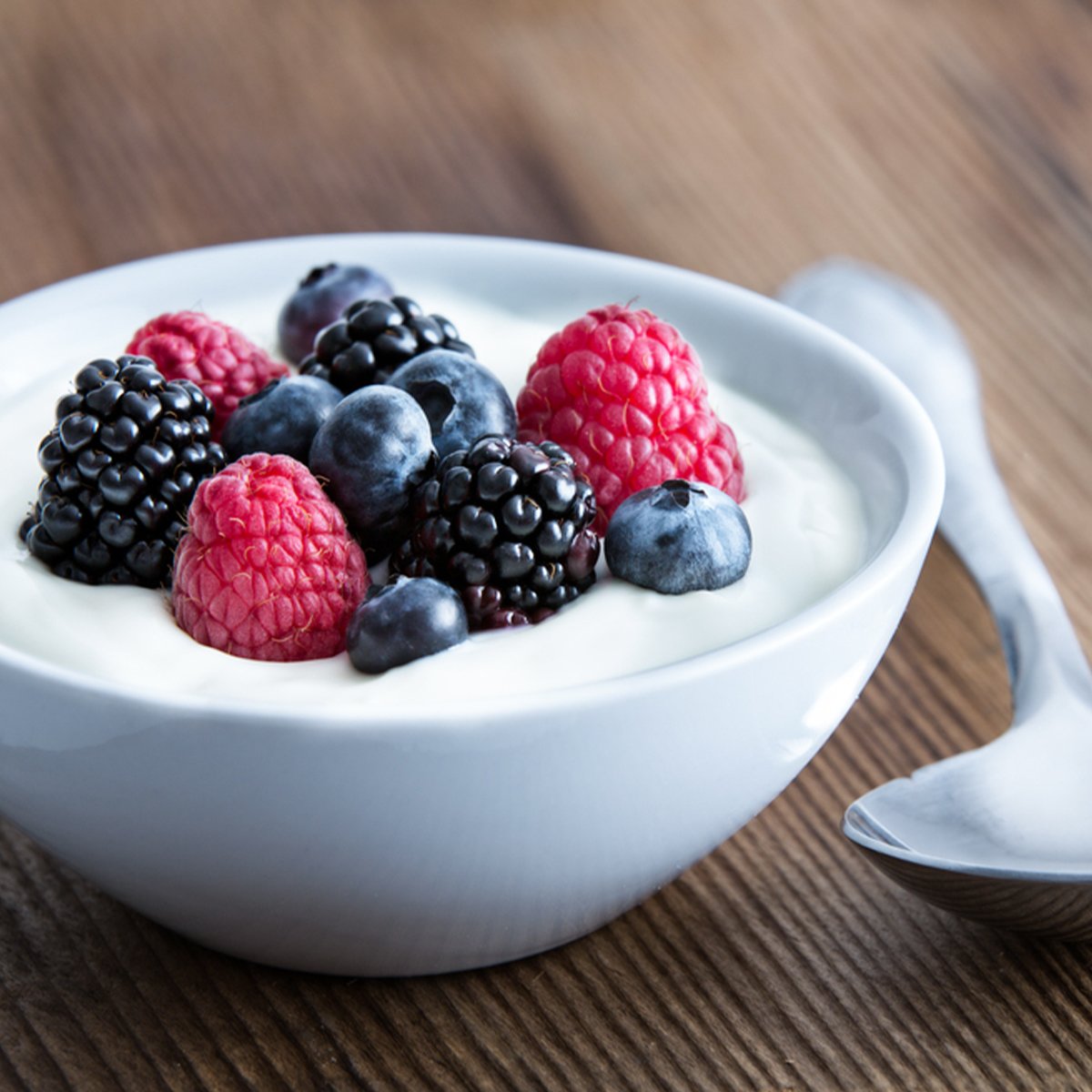Why: Less than a decade ago, the vast majority of college-level nutrition textbooks considered plant-based foods as little more than sources of calories, major nutrients (e.g., carbs, fat, protein), fiber, and the essential vitamins and minerals. But partly due to the continued growth of integrative and alternative medicine and osteopathic medicine programs, a wide range of new (and ancient) plants have burst into the mainstream.
Hopefully the textbooks ten years from now will have caught up to what nutrition experts in the trenches are realizing more every day: namely, that phytochemicals (secondary metabolites from plant-based sources) have the potential to unlock a world of optimal health and fitness benefits.
What: Given how different phytochemical supplements can be, it's hard to make sweeping conclusions. As a very general rule, most powdered forms of botanicals and their constituent major categories of phytochemicals (e.g., phenolic compounds) are of limited efficacy in doses of less than about three grams per day, and most sub-categories of those major phytochemicals (e.g., total flavonoids) require you take at least 500 milligrams per serving to reap their true benefits. Sure, there are exceptions, like when the alkaloid caffeine is isolated and extensively concentrated from its original source.
In lieu of giving any specific recommendations, I'd advise to take a product, but not stick with it for more than 6-12 weeks. Some of the major and sub-categories of phytochemicals to look for include:
Terpenoids (carotenoids, triterpenoids, and phytosterols)
Phenolic compounds, including:
- Aromatic acids
- Polyphenols (flavonoids, flavan-3-ols, anthocyanidins, and anthocyanins)
- Isoflavonoids
- Stilbenoids
- Tannins
Alkaloids
Glucosinolates
Nitrogen-containing compounds
Organosulfur compounds
How: There's no one-size-fits-all dosage strategy that works across every category and sub-category of phytochemical. But many phytochemicals have been found to be more effective when consumed with food. For a few examples, omega-3s, vitamin C, and the beneficial active ingredients endemic to spicy foods have been shown to increase the bioavailability of some of the most beneficial, but least absorptive, phytonutrients.



